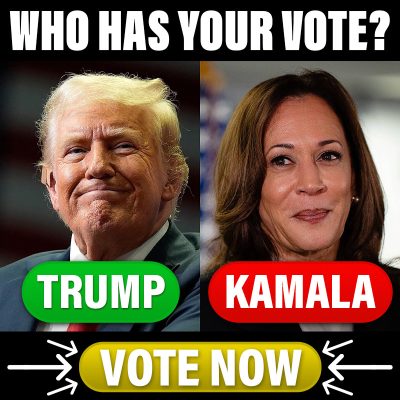Officials in the government are human and therefore prone to making mistakes. That’s no excuse for wrongdoing. Banning phrases like “coconut milk,” “almond milk,” and “oat milk” is something the FDA knows is against the Constitution. Because influential interests want the prohibition, the FDA will implement it nonetheless.
Because of Mary Lou Wesselhoeft, a Florida rancher who refuses to add anything artificial to her products, the FDA understands the prohibition would infringe on the First Amendment. She peddled whole and cream pasteurized milk and skim milk that had been produced as a byproduct of the cream separation process.
The #FDA already knows that its plan to ban terms like #CoconutMilk and #AlmondMilk would violate the #FirstAmendment. But it is moving forward anyway. https://t.co/9ku6mrGCQ2
— Justin Pearson (@JustinPearsonIJ) August 18, 2022
Florida had replicated an FDA restriction that skim milk without vitamin additions couldn’t be termed “skim milk.” Instead, the product had to be called “imitation skim milk” or “imitation milk product” because it only included pure skim milk. Mary Lou dumped her skim milk instead of relabeling it as the authorities demanded.
Mary Lou challenged this regulation under the First Amendment in 2014. Mary Lou’s pure skim milk has a different vitamin value than skim milk with artificial additives, so Florida contended it might ban her label. The appeals court disagreed. In 2017, the court ruled in Mary Lou’s favor and said nutritional concerns couldn’t limit speech. However, the government might require content-neutral information, such as a nutritional fact panel. Mary Lou’s willingness to share this supplementary data was consistent throughout their relationship.
The FDA is aware. When a later lawsuit disputed the government legislation Florida had copied, the FDA’s director of food safety issued a sworn statement in federal court indicating that because of Mary Lou’s case, the FDA would no longer implement this policy. In addition, the FDA released a letter on its website stating it no longer had to implement the unlawful regulation.
Then came dairy multinationals. They’re arguing the same point the federal appeal court rejected: dietary disparities allow the government to outlaw clear language consumers know.
The dairy cartel disingenuously alleges “coconut milk,” “almond milk,” and “cashew milk” may mislead consumers. Multiple courts have ruled that bans like Mary Lou’s are unlawful. FDA knows of these court findings.
Despite recognizing the restriction violates the First Amendment, the FDA can’t say no to the dairy industry’s powerful special interests. According to multiple sources, the FDA aims to restrict these well-known words.
This ban officially exists but has never been implemented. Only cow’s milk can be named “milk” under FDA restrictions. Even goat milk isn’t “milk.” This restriction has never been implemented since no rational customer believes coconut milk comes from a cow. OMB might approve the FDA’s new draft guideline on enforcing this disused, ludicrous clause in the coming weeks.
Despite the FDA’s knowledge that it will likely lose any legal challenge to these bans, regulatory officials appear determined to spend millions of taxpayer dollars justifying an unjust law to appease corporate interests rather than letting consumers check labels and make an informed decision. Similar to Mary Lou’s pure skim milk, the FDA’s good intentions evaporate when those influential groups visit.

